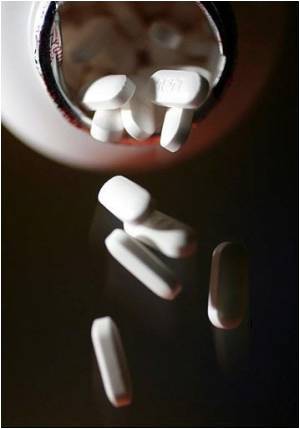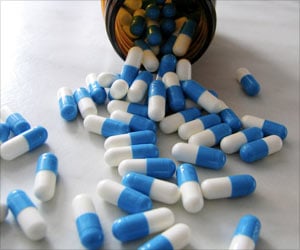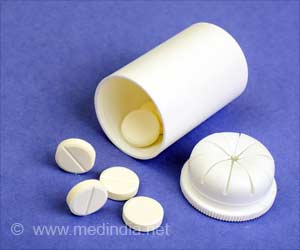A pill for chest pains costing £10 a week could save the lives of thousands of heart failure patients and dramatically reduce hospital admissions, trial results published Monday suggest.

The pill, ivabradine -- also known under the brand name Procoralan -- is already available in the UK for angina.
The trial involved more than 6,500 patients in 37 countries, all with chronic heart failure and a high heart rate of at least 70 beats per minute, already on treatments such as beta-blockers.
The results, presented Monday at the European Society of Cardiology annual meeting in Stockholm and published in the Lancet medical journal, suggest that ivabradine could be used to treat thousands of patients with moderate to severe heart failure.
Over two years, the drug cut trial patients' risk of death from heart failure by 26 percent and had a similar impact on the likelihood of being admitted to hospital because of worsening symptoms.
Prof Cowie, who is a consultant cardiologist at the Royal Brompton Hospital in London, said: "We now know that more lives can be saved and improved simply by adding ivabradine to their current treatment in order to take some of the strain off the heart.
Advertisement
Unlike other treatments, ivabradine lowers the number of heart beats per minute without reducing blood pressure. It has a strong safety record, with fewer trial patients taking it suffering serious side effects than those on other medications.
Advertisement
Treating heart failure uses up one to two percent of the total NHS budget each year, with direct medical costs alone reaching £625 million.
Treating a single patient with ivabradine costs around £10 a week.
But American expert Dr John Teerlink, from the University of California in San Francisco, cautioned against rushing into adopting the treatment.
He said there are "many unresolved questions" and additional clinical trials are needed.
"Ivabradine therapy might reduce heart-failure hospitalisations when added to contemporary heart-failure therapies," he wrote in The Lancet.
"However, whether ivabradine can improve outcomes in addition to optimally managed heart failure therapies or its benefits relative to other therapies, especially beta blockers, remains unknown."
Source-AFP














